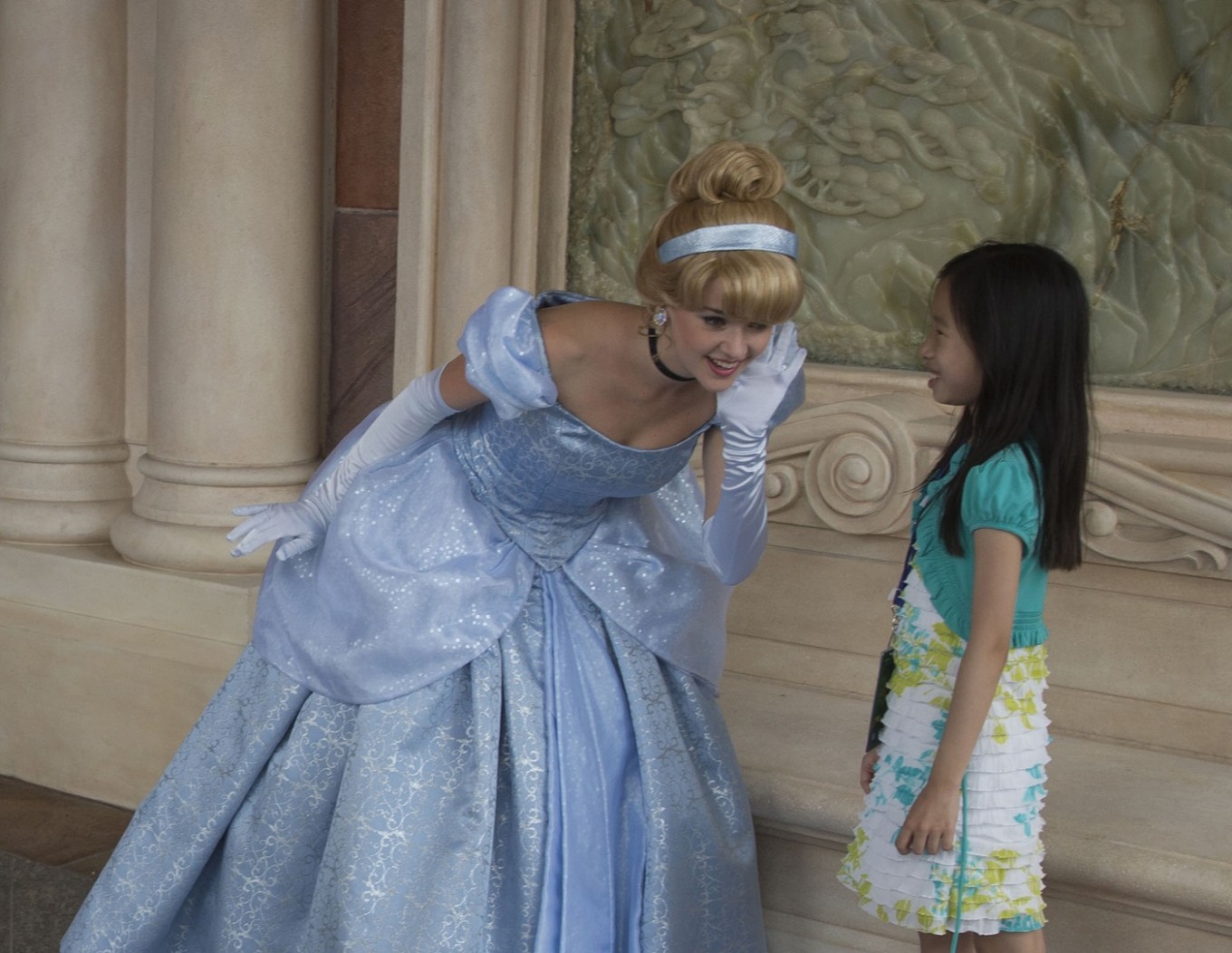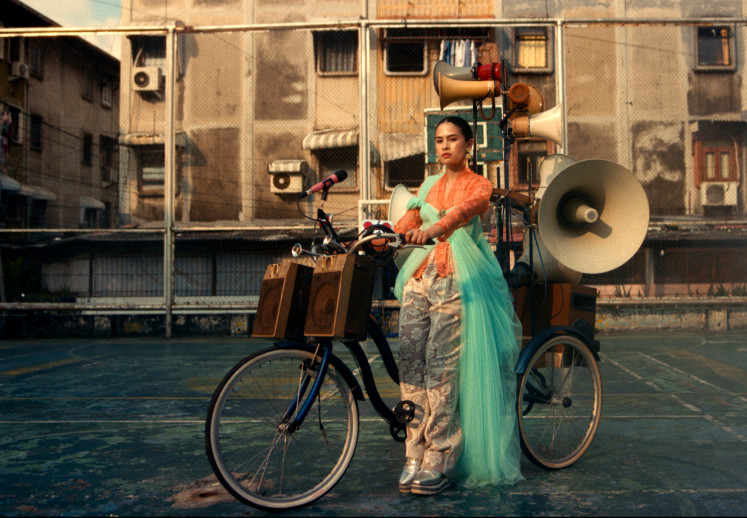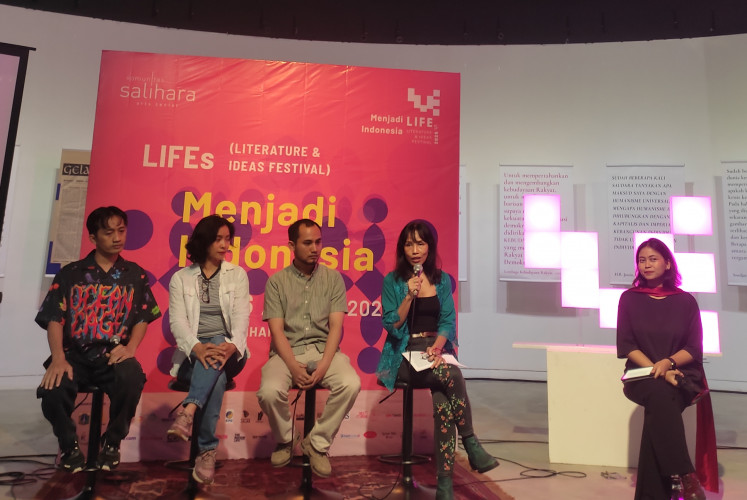Popular Reads
Top Results
Can't find what you're looking for?
View all search resultsPopular Reads
Top Results
Can't find what you're looking for?
View all search resultsDisney's princess culture not that harmless: Study
Change text size
Gift Premium Articles
to Anyone
F
ictional characters from Disney animations can actually promote negative female stereotypes, research has suggested as reported by the Daily Mail.
Previously, Disney was criticized for enforcing societal gender roles—with the princess always adopting a “damsel-in-distress” role and women always portrayed as weaker and inferior compared to men. Then came Ariel and her no-nonsense, rebellious personality, followed by Jasmine and Mulan, who pushed the boundaries of a traditional “princess” and set out on their own adventures. In the past decade, Disney’s princesses have broken free of the stereotypical Disney plot, with Tiana and Rapunzel carving out their own destinies. Even more recently, Disney’s focus shifted from being romantic story arcs to familial love, as depicted by the stories of Merida and Elsa.
Despite this shift, one thing remains unnoticed: Disney’s portrayal of the female body.
Recently, new research from Brigham Young University in Utah, US, by Professor Sarah M. Coyne stated that engagement with Disney’s princess culture is not as harmless as most parents think. The study, published in Child Development, involved the assessment of 198 preschoolers’ princess engagement and the correlation to gender-stereotypical behavior reported by teachers and parents. “Disney princesses represent some of the first examples of exposure to the thin ideal,” Coyne said.
(Read also: 5 movies to watch with your kids)
From an early age, children, especially girls, make Disney princesses their role model toward which they center their ideals. This means that when girls obsess over and want to become “just like” their favorite princess, body figures were taken into account, resulting in poor body esteem, according to the scientists.
She also expressed concern over gendered behavior as girls may be less inclined toward learning experiences that are perceived to be “not feminine” as they would feel like they are unable to perform certain tasks. “They are not as confident that they can do well in math and science. They don’t like getting dirty, so they’re less likely to try and experiment with things,” she said.
Her suggestion to combat the princess culture is not to completely disengage from it. Instead, she encourages parents to get their children involved in a variety of activities, not solely Disney princesses.
Disney has come a long way, but still has some work to do, says Coyne. And we should help with the effort as well by empowering girls on their inner qualities rather than showering them with compliments on their appearance. (sab/kes)










